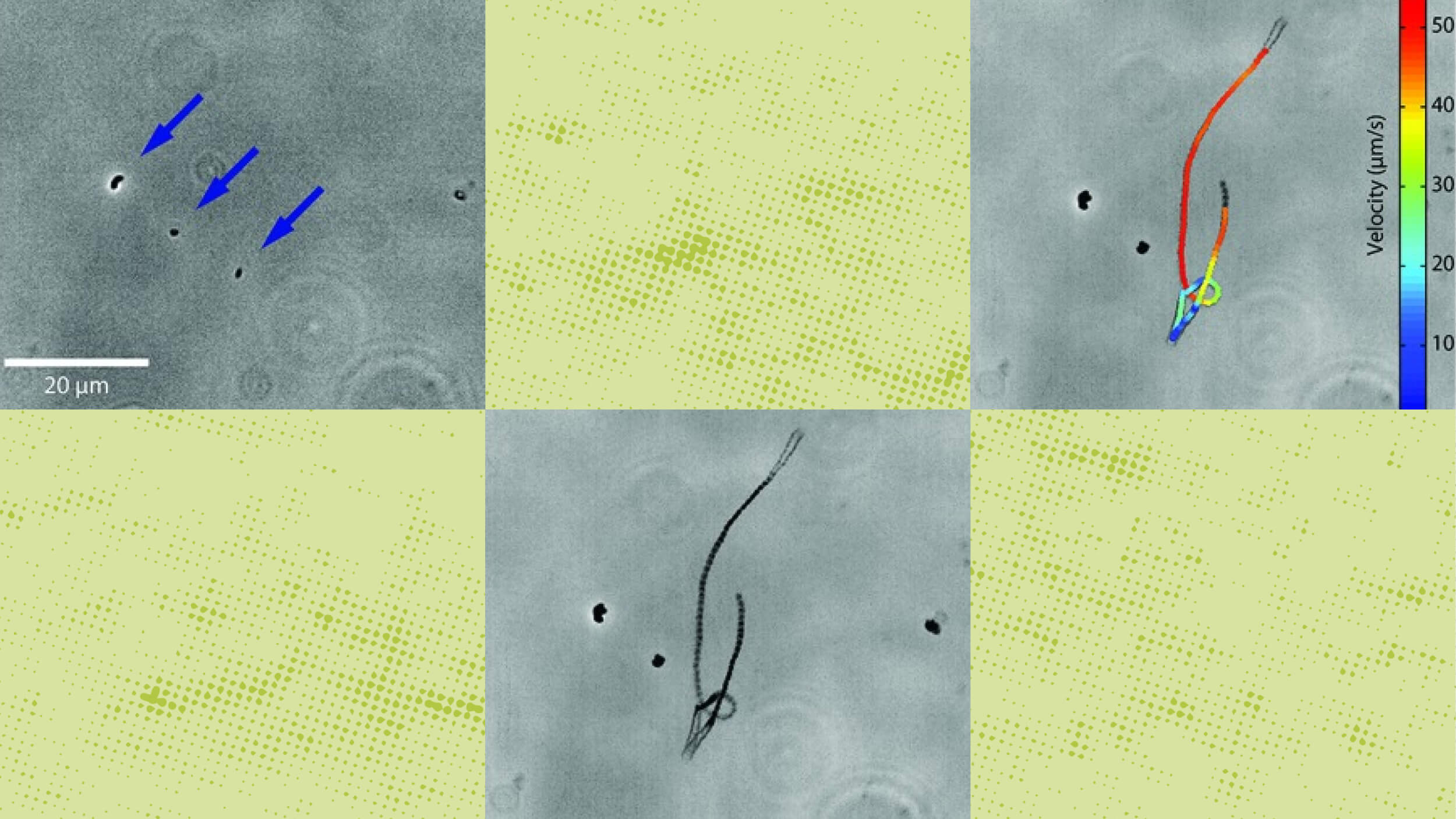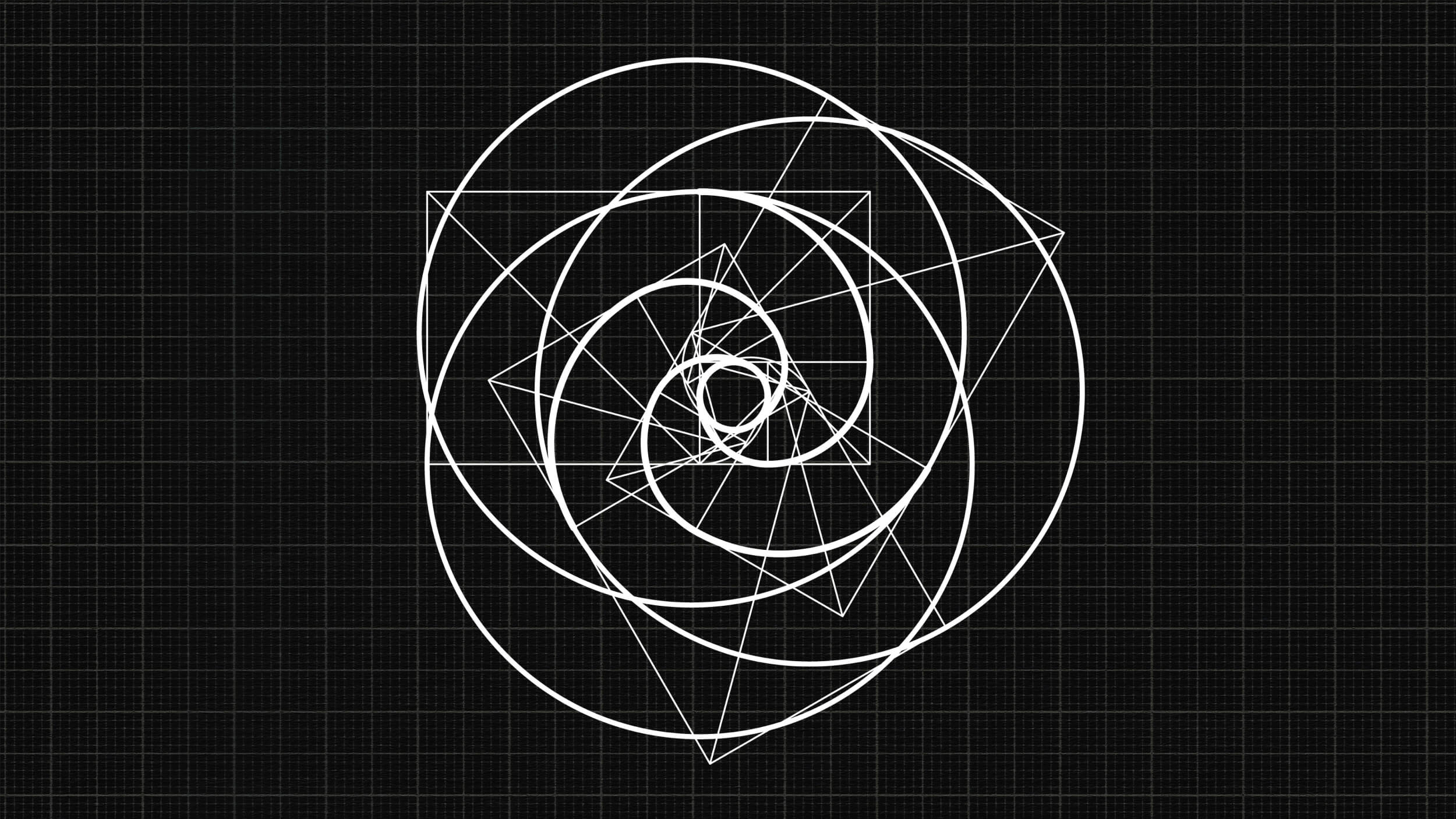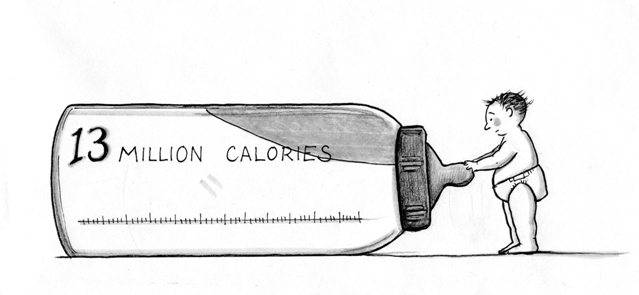The Floating Brain: Learning in the 21st Century

Each of us, over time, builds a more and more comprehensive image of the world based upon our experiences and explorations. However, while this image of reality was traditionally grounded in tangible 3D experience, today this model is, more and more, getting built with pixels and simulated experience in the form of video and game-play.
If you ask 10 random Americans what it’s like on the plains of the African Savannah, chances are that most people can go on for 30 minutes about the color of the grass, the types of animals you could find there, the intense struggle for survival that persists season after season, and so on. These people could also probably tell you a bit about what it’s like to be in the mob. How mobster families are organized, etc. However, the curious thing is that most of these people have likely ever been to Africa, or met a real live mobster. But, all of these people have probably seen Planet Earth and indulged in Scarface, or at least The Sopranos, a few times.
With all of the video content available today, more and more of us are spending our lives in our heads – simulating the experiences of others from the comfort of our homes. As our lives become more and more sedentary, we need more and more content to watch. Fortunately, there is no shortage of imagination in this world and, when there is, “reality” can be commodified and packaged as television programming.
The result of all this content consumption is that much of what we learn is not learned through first-hand experience, but by observing others. And, unfortunately, much of what we’re observing is incomplete or has little relation to the way things actually are. When we see a TV drama about the meth trade (Breaking Bad), we build a mental model of what things are like in that subculture – even if the series has little relation to the actual workings of the industry. When we watch Lauren Conrad and her friends on Laguna Beach, we think that the life of a young socialite in LA consists of 24/7 parties, Bentleys, and passionate trysts on various darkened beaches. However, in actuality, these unbelievably enticing scenes are constructed by clever producers to make fairly normal and mundane existences seem truly unbelievable .
All of this is to say that our lives today are getting filled with disembodied knowledge – that is, knowledge gleaned by mental machination and simulation, not by active real-world experience. Traditionally, knowledge and information was acquired with our whole bodies in a specific context. We didn’t sit in a room and watch other people doing things, or read about other people doing things. Instead, we went into the world and tried things. When we failed we learned something. When we succeeded we learned something else. Learning, in these contexts, was an expression of our entire organism. It was the manifestation of the combined effort of our muscles, our eyes, our ears, our nose, etc. To learn meant to be as aware and as alive as possible.
Today, however, learning has been re-defined and re-imaged to be a solitary and sedentary process of extreme control and concentration. It’s a process by which we travel inward, into our own minds, and inhabit a simulator in our gray matter. This allows us to gradually construct scenes and scenarios in our minds, from which we can start to figure out what *might* happen in the real world. However, no matter how good our model is, it will never be complete. The map is never the territory. And, as we construct our understanding of the world, we must be sure that it’s built upon rocks of reality and not wisps of fantasy. The more we rely on models that, however good, will always result in errors and surprises, the more we will retreat from the world and into our safe havens of certainty and control. Models inevitably breed a false sense of understanding and power. Embodied knowledge, however, contains within it the understanding of context and contingency. Everything happens in a specific place and is the specific result of a confluence of of myriad of factors, both known and unknown. When we learn through all of our senses simultaneously, and let experience be our guide, we come to understand this on a deep level.
So, as we continue to live and learn in the 21st century, we must not forget that there is no such thing is a floating brain. While we may love riding the waves of fantasy that course throughout our collective consciousness, we must always be sure to look life squarely in the eyes and know that behind those dark pools is a churning and buzzing cacophony that we can catch a firm grasp of, but never truly control.
Image credit:Sue Clark





